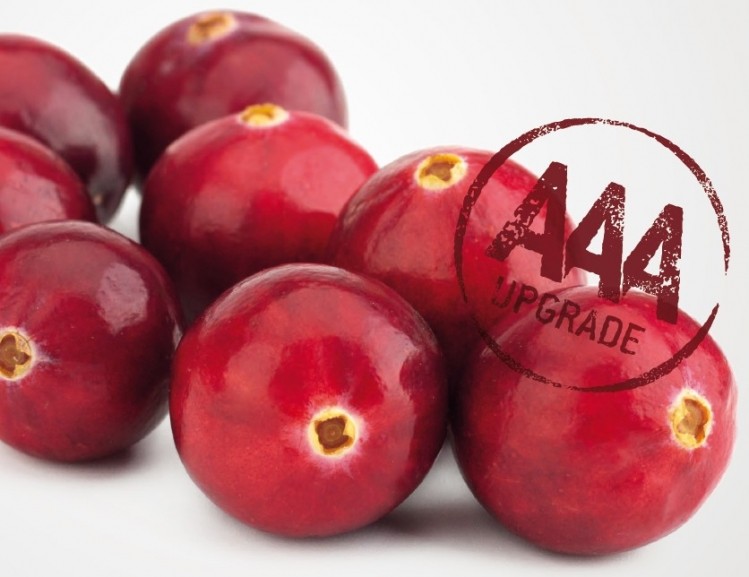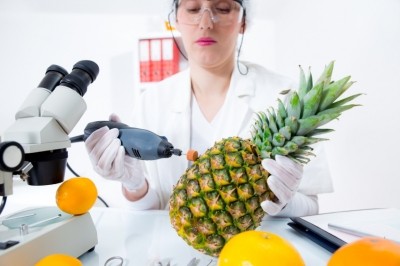Naturex cranberry launch hones in on biological activity: ‘Proving a product has PACs does not guarantee efficacy’

Dan Souza, vice president of sales and marketing for Naturex-DBS, said: “PAC methods continue to fall in and out of favour and standardising a product to PACs fails to answer the underlying question – does the product support urinary tract health?”
Speaking with NutraIngredients, he said keeping count of the PACs compound was used by many firms as a marker of efficacy, but:“Confusion reigns. New methods, new standard references continue to appear. In the end proving that a product has PACs (regardless of the method used) does only that, proves that the product has PACs.”
Instead the French firm said AAA was more easily standardised and the three powdered extracts from Vaccinium macrocarpon cranberries had been shown to be effective when compared to a placebo in unpublished human studies.
It claimed that E. coli was responsible for over 75% of urinary tract infections (UTIs), with adhesion of the bacteria to uroepithelial cell walls being the first stage of this infection.
Doubting PACs, confirming benefit
The refocus was influenced by a health claim opinion from the European Food Safety Authority (EFSA) relating to Zambon B.V’s Monurelle product and the reduction of bacterial colonisation of the urinary tract by the inhibition of the adhesion of P-fimbriated E.coli to uroepithelial cells. Whilst the application was unsuccessful due to its failure to establish a cause and effect relationship, EFSA said: “ E.coli to uroepithelial cells is a beneficial physiological effect.”
Other health claim applications on cranberry products standardised by their PACs content have also been rejected by EFSA, including for Pharmatoka’s Urell product in 2011, Ocean Spray’s Craisins in 2009 and another relating to Sqeez Cranberry Juice Drink in 2011. There are no authorised health claims relating to PACs according to the EU register, nor for urinary tract health more broadly.
However, before the pan-European regulation on health and nutrition claims was introduced in 2006, the French authority ANSES (then AFSSA) approved a health claim for cranberries with 36 milligrams of PACs to “help reduce the adhesion of certain E. coli bacteria to the urinary tract walls”, and therefore help fight UTIs.
In the 2004 opinion the 4-dimethylaminocinnamaldehyde (DMAC) measurement method was referenced, but the authority did not at the time specify which method was valid for the health claim, resulting in some confusion.
This food law rejection and confusion has seen some firms searching clarity within the medical law books. Dutch firm Medical Brands secured a medical devices health claim for treating UTIs in 2012. However, another company taking this route, Arkopharma, had its medical device status revoked by the French medicines agency (ANSM) last year after a reassessment of data.
Asked if this new focus on AAA would see the products falling within the pharmaceutical regulation camp, Naturex said: "E. coli AAA has been stated by EFSA as a beneficial physiological effect, therefore this would put us within the dietary supplement market. We are here emphasising the expected efficacy that customers can look for when they are searching for a level of PACs, a marker of cranberry efficacy in urinary tract health."
Adulteration and standardisation
Naturex said AAA was also easier to standardise, with all batches delivering the same level of activity. However, the firm said the extracts would still also provide a standardised level of PACs.
“PAC adulteration is a major issue and one of the driving forces behind the decision to develop this innovative platform. Our goal is to assure our branding partners that they are receiving the highest quality cranberry ingredients in support of urinary tract health. Published studies have shown that PACs from cranberry provide AAA while other PACs-rich products do not provide AAA.”





















